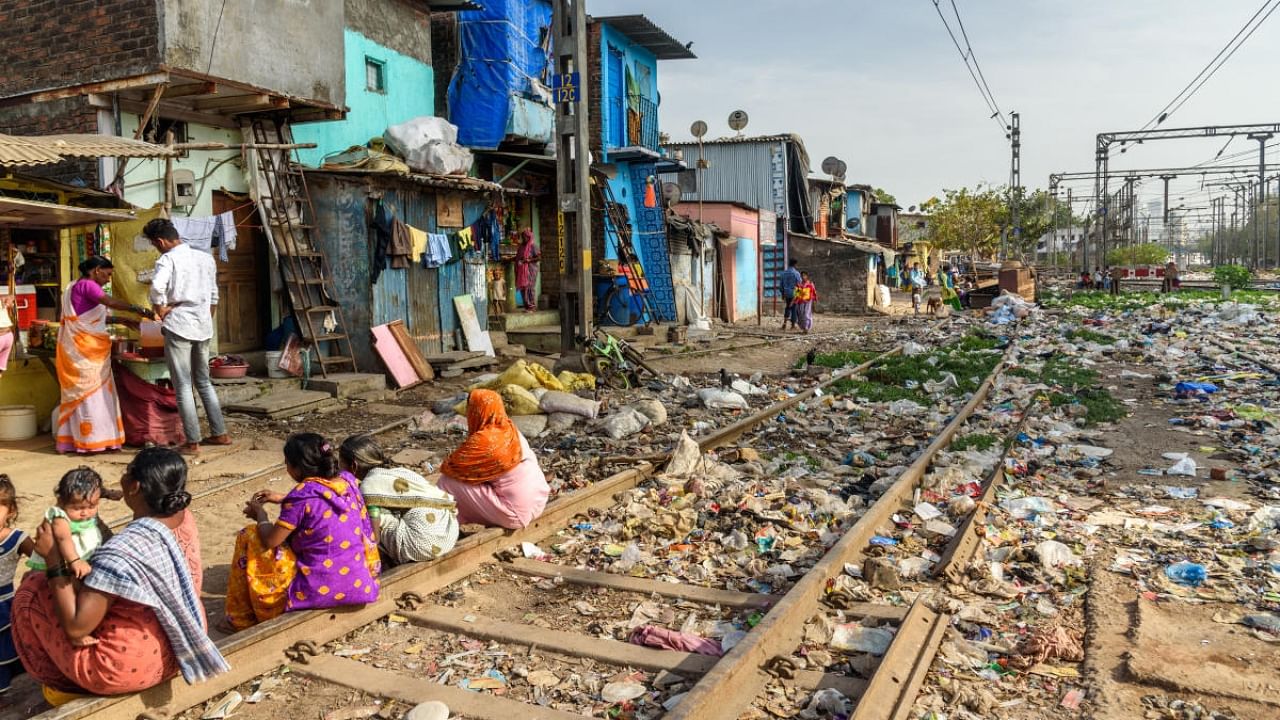
A significant number of slum dwellers in Bengaluru suffer from non-communicable diseases (NCDs), according to a survey by NGO Labournet.
The survey held between August and October among 36,034 slum dwellers found 6.25 per cent of them with high BP and 4.7 per cent with pre-hypertension.
Diabetes screening among 6,748 people from the sample, who had more risk factors, showed that 7.88 per cent had Type-2 diabetes and 22.2 per cent had pre-diabetes. Over one per cent each in both samples had low BP and low blood sugar levels as well.
Nearly 90 per cent respondents were from Bengaluru Rural, indicating that NCDs were common even among rural slum-dwellers. And nearly 77 per cent were North Indian migrant labourers.
“Diabetes and hypertension traditionally are lifestyle diseases more common among the upper middle class,” said Dr Batool Fathima, senior vice-president at Labournet.
Public health researcher Prasanna Saligram said NCDs have been largely seen among migrant workers in the last decade.
“Migrants lose access to traditional food like millets. Back home they could have grown what they wanted to eat, but now they have to buy whatever they can afford. For a fuller stomach, they may prefer energy-dense carb foods,” he says, adding that mental stress and malnutrition in younger ages also contribute to NCDs in this population.
Saligram noted that the national programme for NCDs will be effective only if screening is consistent and followed up with drug availability in primary health centres (PHCs). The survey also found that the majority were not linked to PHCs and were not using the public healthcare system.
Dr Fathima estimates that 60 per cent to 70 per cent of those diagnosed wouldn’t have been aware of their condition, and were not availing timely treatment, which is critical for NCDs.
Also, of the 36,034 respondents, only 15.9 per cent, 5.9 per cent and 22.9 per cent, respectively, had Ayushman Bharat, Ayushman Bharat-Arogya Karnataka or a BPL card, which would entitle them to public health insurance for treatment. Only 384 women had a Thayi card required for free ration and scans during pregnancy.